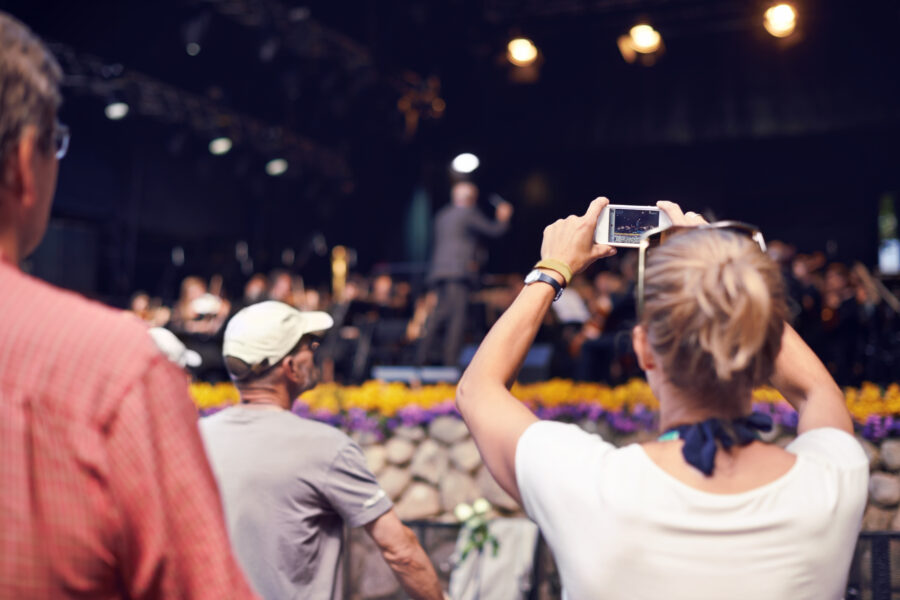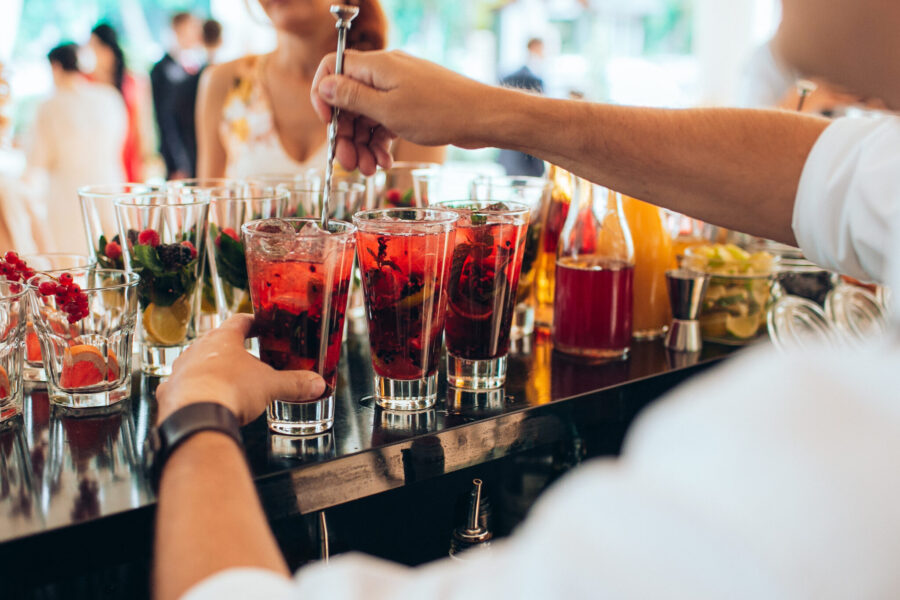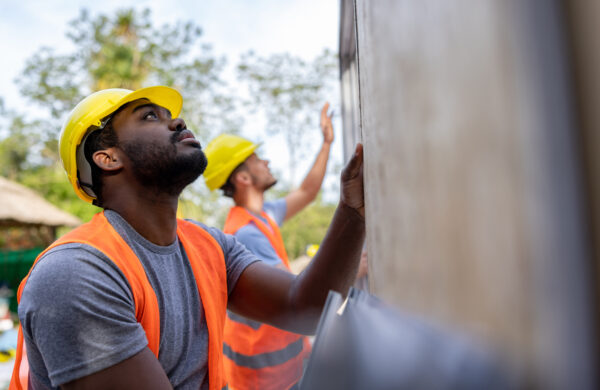Even with meticulous planning for your special event, things can go wrong. This could include potentially serious mishaps like property damage or injuries. In these situations, lawsuits may follow, but event liability insurance can provide important protection against the many losses that could occur during big events.
Is event liability insurance a requirement?
If you are renting a venue for your event, there’s a good chance they will require you to purchase special event liability insurance. Event insurance helps protect the venue against claims that could result from your event.
If the venue requires coverage, you will not be able to rent the space without showing a certificate of special event liability insurance. However, even if there’s no requirement for event insurance in the contract, you should still consider securing coverage. If you go without event insurance, you could end up on the hook for expensive claims, which would be a surefire way to ruin your big event.
What types of events require event liability insurance?
Event liability insurance is appropriate for a wide range of events, such as:
- Weddings and wedding receptions. These exciting events often involve photographers, caterers and other service providers, as well as dozens or even hundreds of guests, which means there are a lot of ways things can go wrong.
- Birthday and anniversary parties. A small, casual birthday or anniversary party probably doesn’t need special event insurance, but large events involving numerous guests and service providers might – especially if they take place at a rented venue. Quinceañeras, Sweet Sixteen bashes and milestone anniversary or birthday parties may benefit from liability coverage.
- Concerts and music festivals. People show up to concerts, festivals and other music or sporting events expecting a fun time, but that doesn’t always happen. Insurance coverage can protect against financial losses when things go wrong.
- Conventions and trade shows. Professional events can experience costly incidents, too, so insurance may be a requirement.
What does special event insurance cover?
When you buy special event insurance, you need to read the terms to see exactly what the policy covers, as coverage varies between policies. Coverage for the following may be available:
- Claims involving third-party property damage. Event organizers could be held liable for damage to the venue’s buildings, landscaping, furniture and other property. Plus, guests could suffer damage to their clothes or other belongings.
- Claims involving third-party bodily injury. Medical costs can be expensive, especially when injury claims involve missed work or pain and suffering.
- Costs related to event cancellation. Event insurance coverage does not always include this, but it’s fairly common. If you could lose a lot of money if you cancel your event, this may be a smart coverage to add.
Special Event Liability Claims Scenarios
Special events typically occur during a brief period of time, but they’re usually hectic and involve many people. This means there’s ample opportunity for things to go wrong. Consider the following scenarios:
- At a crowded concert, a concertgoer falls down. Since it’s dark, the other concertgoers don’t see her immediately. Several people step on her before someone notices her and helps her up. She’s injured and claims the event organizers are liable for failing to provide lighting and crowd control.
- At a wedding, guests are dancing. One guest spills a drink on the dance floor, which staff does not clean immediately. In the meantime, another dancer slips and falls, breaking his ankle. He believes that staff should have cleaned the spill faster and wants the liable party to cover his medical bills.
- At a large Sweet Sixteen party, some of the guests decide to move the venue’s furniture to make more room. However, they are not careful and end up breaking some of it. The venue wants the party organizer to pay for the damage.
Coverage for Service Providers
Special event liability insurance helps protect the event organizers from claims involving bodily injury or property damage. However, professional service providers may also need one-day general liability insurance coverage to protect themselves. Some gigs may even mandate coverage.
For example, imagine a caterer bringing food that needs to stay hot. The equipment malfunctions and starts a fire, damaging the venue. Now, the caterer is being held responsible for the damage.
Other professionals involved in an event could also face liability. They could accidentally damage the venue’s property while moving equipment, or a guest could trip over a piece of equipment a professional brings to the site. There are countless unforeseen circumstances that could result in injury or property damage, but short-term general liability insurance can provide protection to vendors.
Coverage for Alcohol Liability
If your event will involve alcohol, it’s smart to secure host liquor liability coverage for alcohol-related accidents or losses.
If people overconsume alcohol and then get into car crashes or fights, the person or organization that provided the alcohol may be held liable for the resulting property damage and bodily injury under state dram shop laws. While these laws are often used to hold bars, vineyards, distilleries and other alcohol-related operations liable for overserving patrons or providing alcohol to minors, event organizers could also be held liable.
Host liquor liability insurance provides liability protection for alcohol-related liability claims when the insured is not a business that sells alcohol. For this reason, if you’re hosting an event where alcohol will be served, it may form part of your special event liability insurance policy. However, don’t take this for granted. If you’re planning to serve alcohol, make sure you have host liquor liability coverage in place and understand all relevant restrictions and requirements.
Questions to Ask When Securing Special Event Liability Coverage
Even if you’re securing coverage to meet venue requirements, you’re not just checking a box – you should also make sure you have the financial protection you’ll need if anything goes wrong. When securing coverage, consider the following questions:
- What types of claims does the policy cover? Special event liability insurance policies typically cover third-party bodily injury and property damage claims, but check your policy to make sure. If you’ll be serving alcohol, it’s smart to make sure that your event insurance policy includes host liquor liability insurance.
- What types of claims does the policy exclude? For example, a policy may exclude first-party claims involving the insured’s own property or it may exclude injuries. Check your policy terms for a full list of exclusions.
- Are there special requirements for the policy? For example, if you’re serving alcohol and your policy includes host liquor liability insurance, there may be specific requirements about checking IDs or using a venue that allows alcohol.
- What are the policy limits? Since a fancy venue may have expensive property, property damage claims could be costly. Injury claims are often even more expensive, so it’s important to make sure you have enough coverage in place. Additionally, the venue for the event may require certain limits.
- What additional types of coverage do you need? For example, you may want to require various vendors to carry short-term general liability insurance for the event.
Every event is unique, and so are its special event insurance coverage needs. Higginbotham can help review your venue requirements and your event’s risk exposures to find suitable event liability coverage. Get in touch with a member of our team to learn more.






